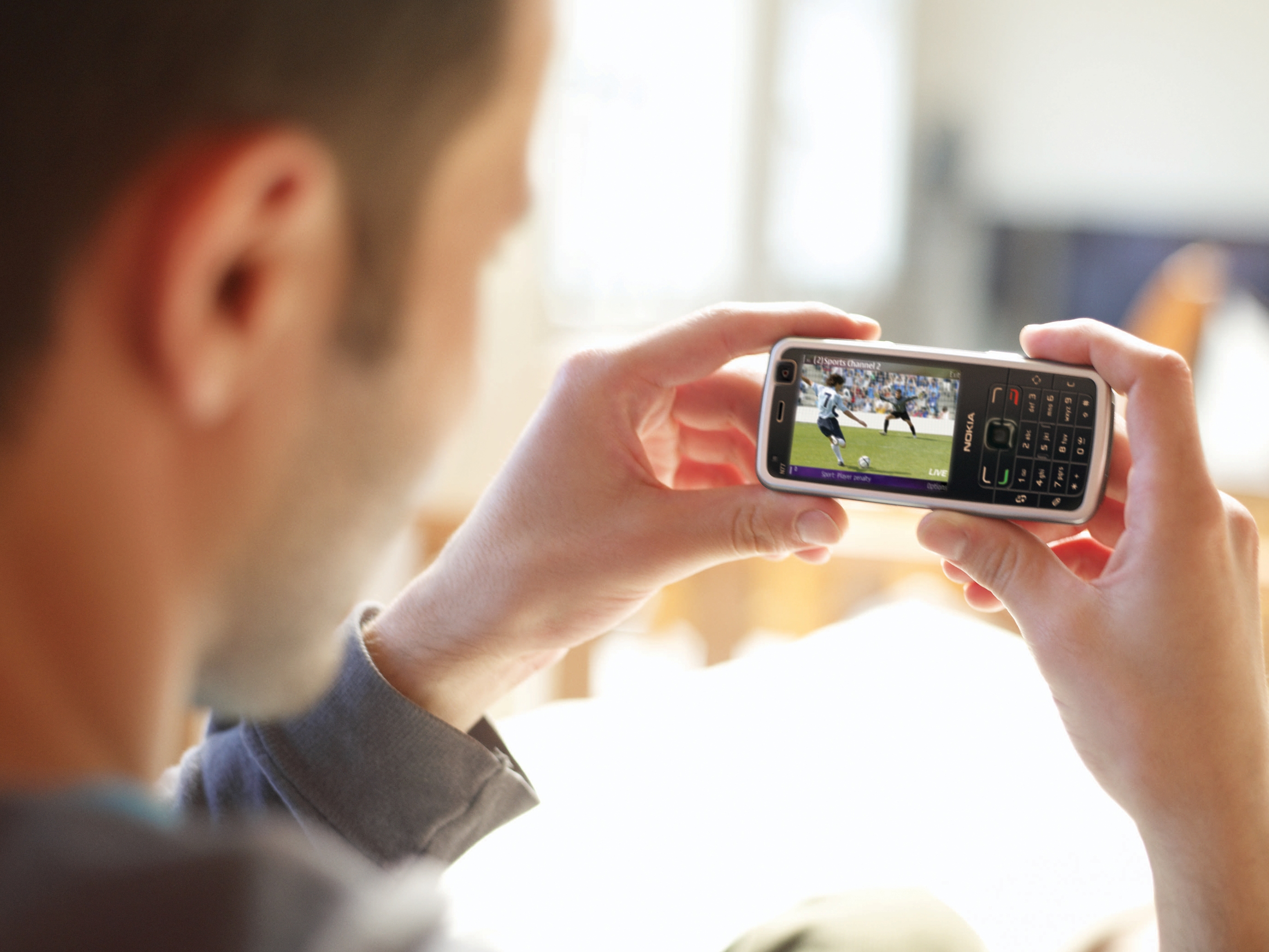Europe needs TWO mobile TV standards
Commissioner Reding declared wrong by World DMB President

Europe needs to embrace both types of mobile digital TV and Commissioner Reding's claim that it must adopt one is wrong, according to World DMB President Quentin Howard.
Last week, Reding, the European Commissioner for Information Society and Media, said Europe must adopt the DVB-H (digital video broadcasting handheld) standard of mobile digital TV, ignoring its DMB (digital mobile broadcasting) rival.
And if this isn't done soon, the European commission would regulate the medium.
The World DMB forum branded Reding's comments an apparent "solo decision", saying the Commissioner ignored research suggesting Europe doesn't need the regulation Reding is proposing.
"She has failed to grasp [that] mobile operators and broadcasters need flexibility," Howard says in a press release from the World DMB Forum.
"Technology is a rapidly and continually evolving process and it would be damaging to Europe's economy and its citizens for the Commission to mandate one standard."
Howard goes on to say that Reding's decision to choose DVB-H because it was developed in Europe and promotes interoperability - where two systems can work together to swap information - also applies to DMB.
Sign up for breaking news, reviews, opinion, top tech deals, and more.
"On interoperability, I am pleased to remind her that WorldDMB and the DVB Forum are already working together to ensure that DAB/DMB and DVB-H 2.0 can be interoperable," says Howard. "For the Commissioner to sweep away all these issues is unbelievable."
Like digital TV in your living room, mobile TV requires a digital receiver to watch. DMB and DVB-H are the two lead standards for mobile TV with both being adopted in various countries around the world. However, we're unlikely to see DMB or DVB-H in the UK until after the last analogue TV transmitter is switched off in 2012. Mobile phone operators are expected to bid for the newly freed radio spectrum when that happens, with mobile TV just one of the services they're planning to offer.
Earlier this year, Qualcomm announced it was developing a chipset which would enable mobile devices to receive multiple mobile TV standards.